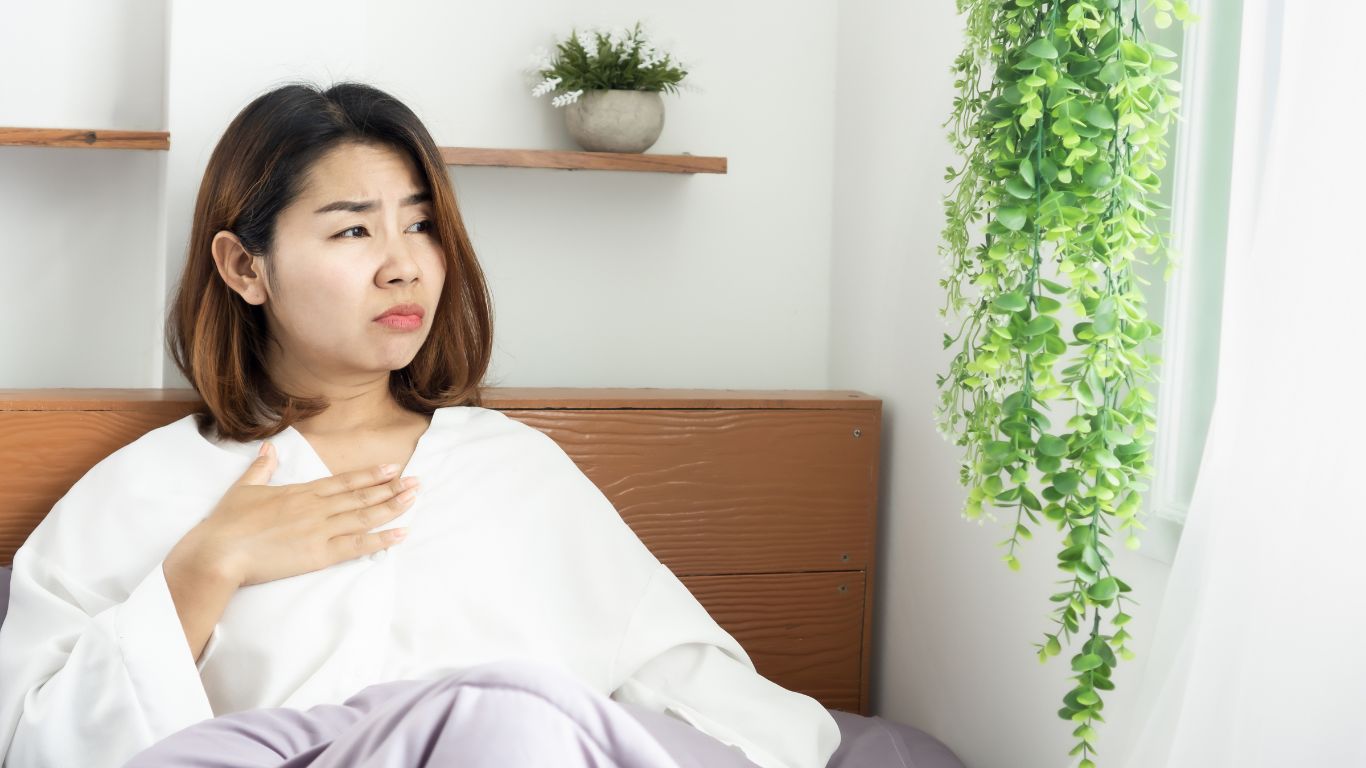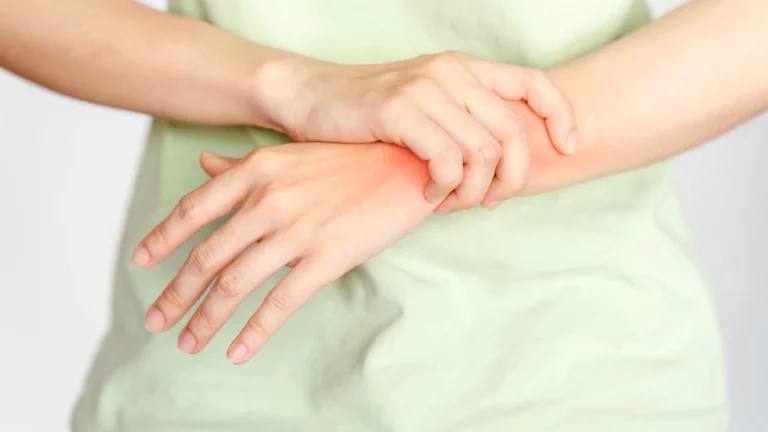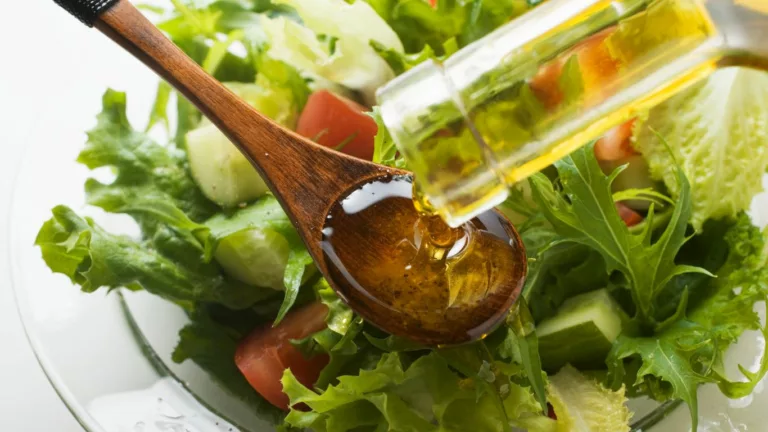Upper Chest Pain from GERD? Here’s What Actually Eases the Discomfort
Let me tell you—upper chest pain from GERD is a different kind of awful. Mine started subtly, a little pressure after lunch here, a dull ache after coffee there. But before long, it escalated into a nagging, sometimes scary, discomfort that left me Googling symptoms in the middle of the night. If you’re struggling with GERD and that tight, sore feeling high in your chest, you’re not alone—and you’re definitely not imagining it.
Why GERD Can Cause Pain in the Upper Chest

What’s Really Going On Up There?
The upper part of your chest houses the lower portion of your esophagus. When acid escapes your stomach and climbs upward, it can irritate this sensitive area. The result? A burning, pressure-like discomfort that may feel like it’s coming from just beneath the collarbone or sternum.
Not a Heart Attack—But It Sure Feels Like One
Let’s be clear: any chest pain needs to be evaluated medically. But once a cardiac issue is ruled out, GERD is often the next most likely culprit—especially when the pain flares after meals or while lying down.
Upper Chest = Reflux Reaching Higher
When reflux climbs high enough, it can affect the upper esophageal region and even your throat. This is often where symptoms blur into what’s called silent reflux, but the chest pressure makes itself known loud and clear.
What Helped Me (and Might Help You Too)

Smaller Meals Made a Huge Difference
I used to love stacking my plate—until I realized the heaviness afterward always led to that painful tightness. Smaller, more frequent meals were an easy switch and gave me noticeable relief within days.
Being Strategic with Food Choices
Fatty, fried, and acidic foods were major triggers for me. Once I cut down on fried chicken, tomato-heavy dishes, and late-night snacks, the pain didn’t disappear entirely, but it became a whole lot more manageable.
Sleeping at an Angle
Here’s one of the simplest changes with a big impact: elevating your upper body when sleeping. Gravity works in your favor when you’re at an incline. A wedge pillow or adjustable bed base works wonders for upper chest discomfort.
Gentle Remedies to Soothe the Burn

Warm Herbal Teas (But Not Peppermint)
Chamomile and ginger tea became my go-to when the discomfort crept in. Avoid peppermint—it can relax the LES (lower esophageal sphincter) and make symptoms worse. For more ideas, check out our herbal teas for GERD.
Licorice Root (DGL) for Soothing
Deglycyrrhizinated licorice (DGL) lozenges helped coat my esophagus. Taken 15–20 minutes before meals, they create a soothing barrier. Just make sure they’re DGL—not regular licorice, which can raise blood pressure.
Breathing Techniques
Believe it or not, focused breathing helps more than I expected. Deep diaphragmatic breathing, especially after meals, reduces intra-abdominal pressure and can lower reflux severity. Our full guide on breathing exercises for GERD is worth bookmarking.
Is It Chronic? Here’s What to Do Next

Talk to a GI Specialist
If upper chest pain from GERD becomes a daily problem—or wakes you at night—it’s time to dig deeper. You may need a longer-term treatment plan involving medications or further testing. While this article focuses on relief, if you want a deep dive into what causes GERD chest pain and how it’s diagnosed, visit our full guide on GERD chest pain here.
Don’t Let It Spiral
In my case, ignoring symptoms made them worse. I was waking up in the middle of the night coughing, with chest pressure that made me afraid to sleep. The earlier you take this seriously, the better the outcome.
The Takeaway: Real Relief Is Possible
Upper chest discomfort from GERD isn’t just “heartburn” or “something minor.” It’s disruptive, draining, and sometimes downright scary. But with the right mix of lifestyle changes, smart choices, and professional support, you can ease the pressure—literally. And when in doubt, get it checked. Peace of mind is powerful relief too.

Camellia Wulansari is a dedicated Medical Assistant at a local clinic and a passionate health writer at Healthusias.com. With years of hands-on experience in patient care and a deep interest in preventive medicine, she bridges the gap between clinical knowledge and accessible health information. Camellia specializes in writing about digestive health, chronic conditions like GERD and hypertension, respiratory issues, and autoimmune diseases, aiming to empower readers with practical, easy-to-understand insights. When she’s not assisting patients or writing, you’ll find her enjoying quiet mornings with coffee and a medical journal in hand—or jamming to her favorite metal band, Lamb of God.







